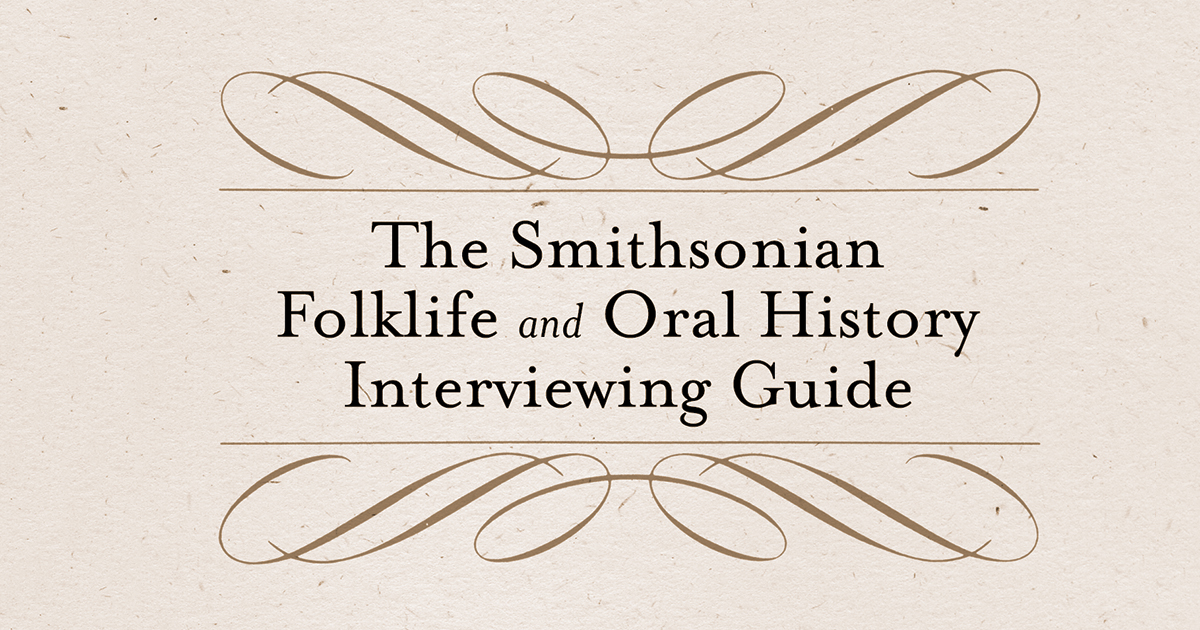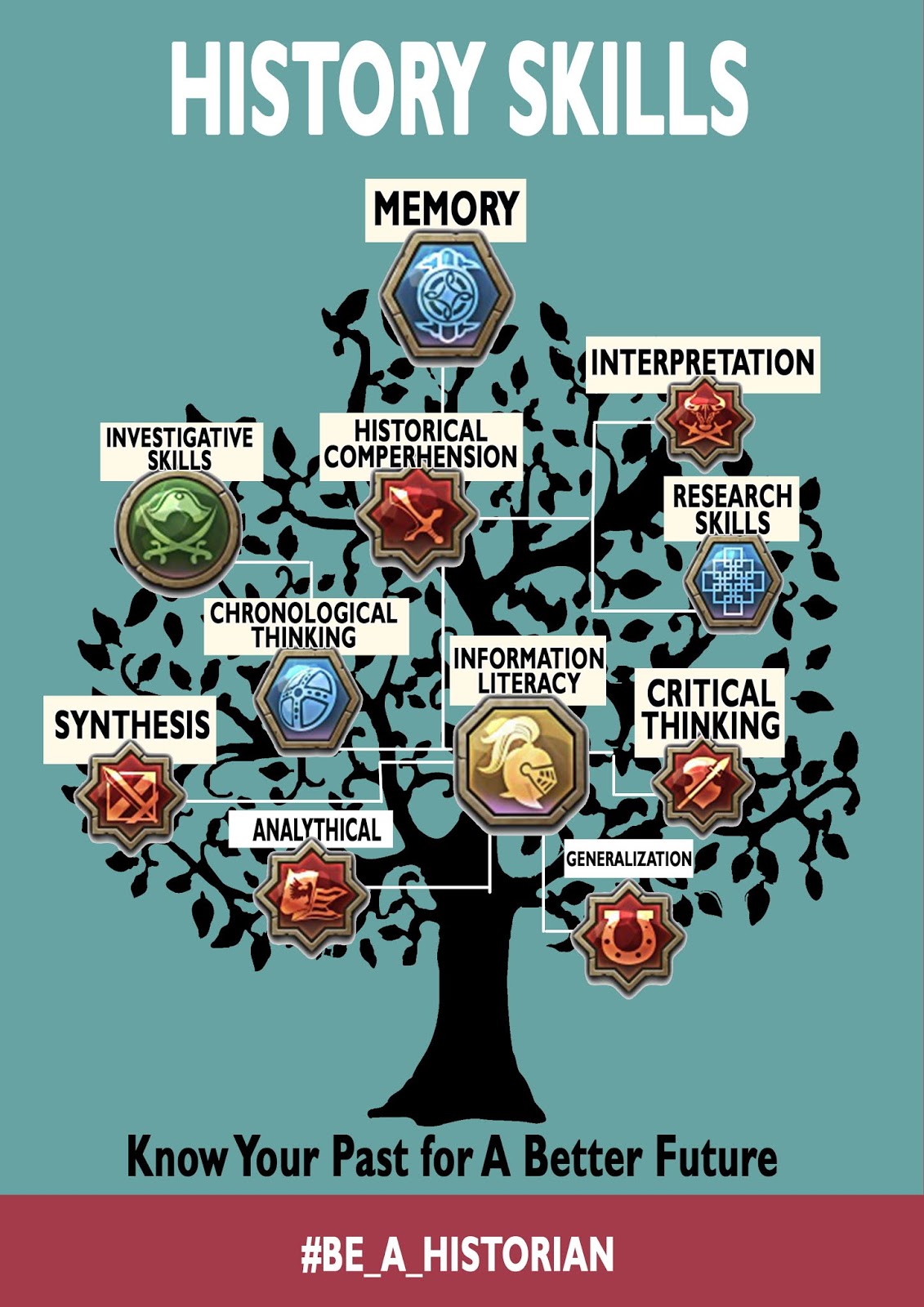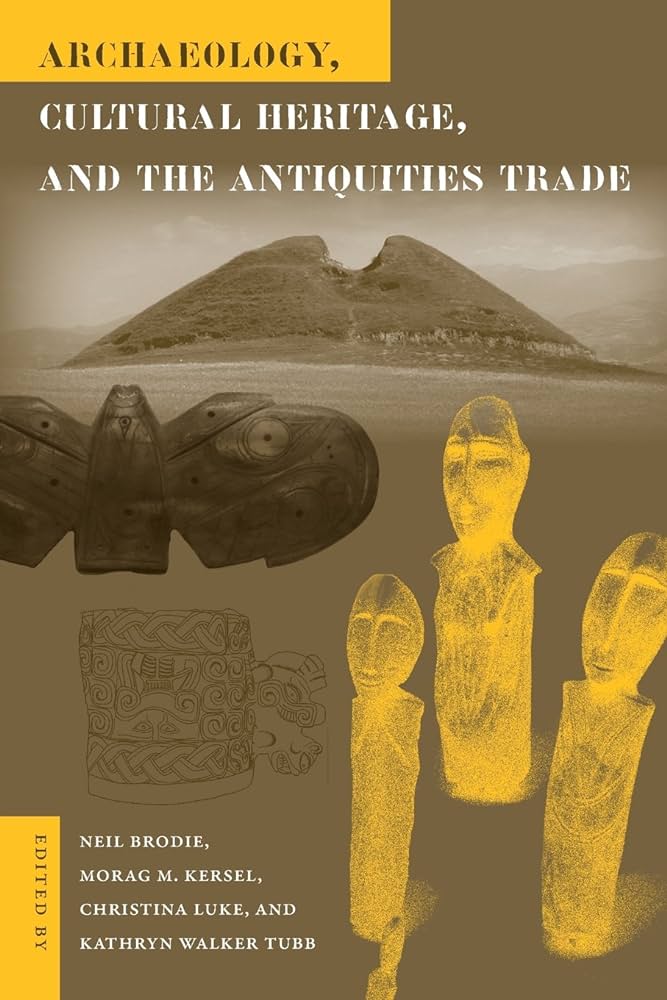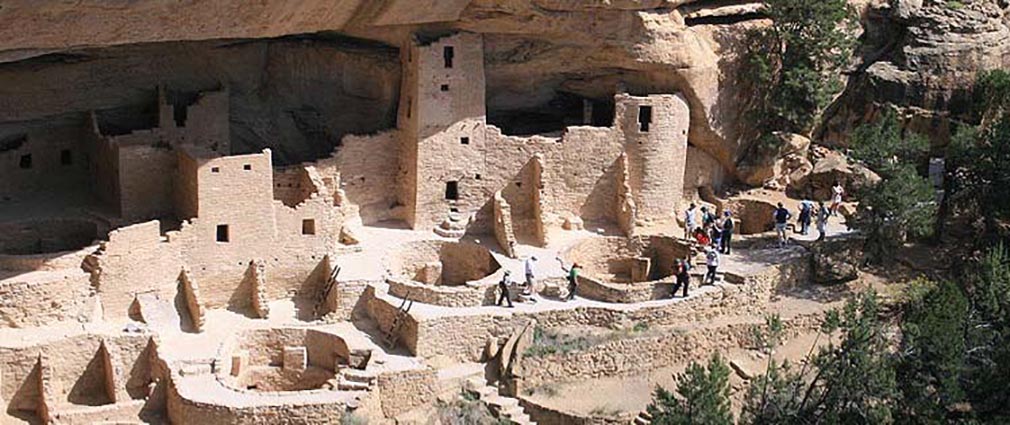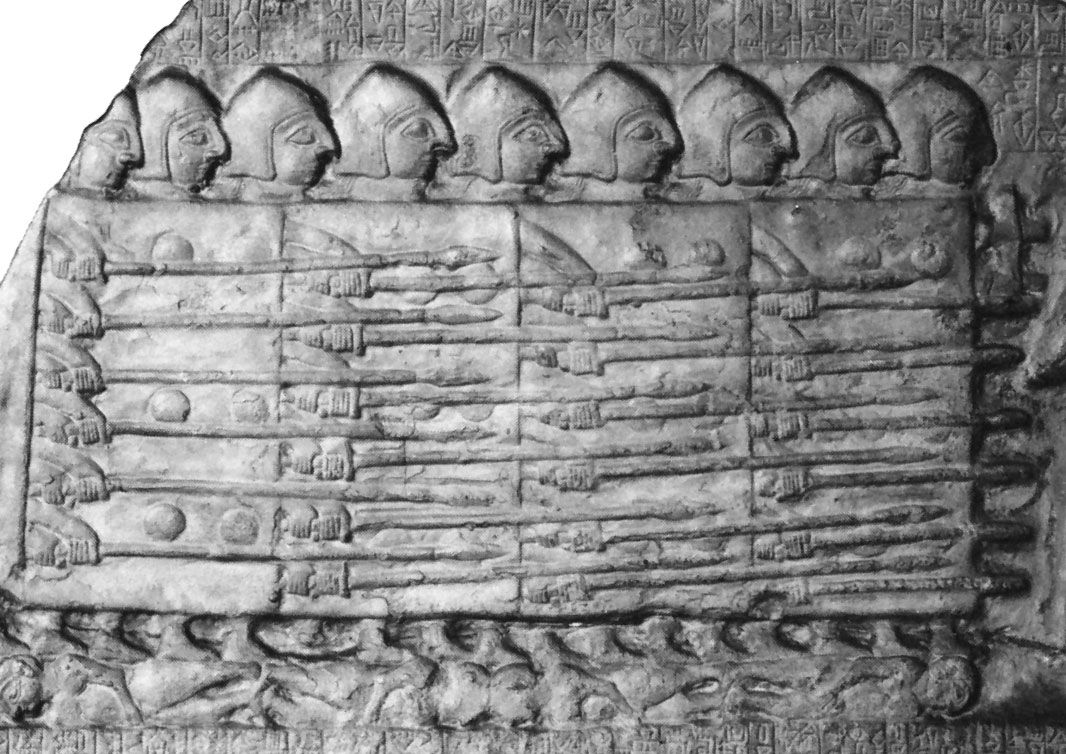Uncovering the Stories of the Past – Exploring the Power of Oral History
In a world where information is readily available at our fingertips, it’s easy to overlook the importance of personal stories and oral traditions in preserving our history. However, these narratives hold a wealth of knowledge and cultural significance that cannot be found in textbooks or online archives. Oral history allows us to connect with the past on a personal and emotional level, providing us with a unique understanding of the experiences and perspectives of those who came before us. In this blog post, we will explore the power of oral history and its significance in uncovering the stories of the past.
1. Preserving Untold Narratives
Oral history gives a voice to marginalized communities and individuals whose stories may have been overlooked by mainstream historical accounts. By interviewing and recording the memories of these individuals, we can capture their unique perspectives, experiences, and cultural nuances that may not be found in official historical records. The stories of ordinary people can shed light on societal changes, local traditions, and forgotten events, providing a more holistic understanding of the past.
2. A Personal Connection to History
Listening to someone recount their personal experiences creates an emotional connection to history that is often missing from written texts. Oral history allows us to hear the voices, emotions, and nuances of individuals who lived through significant events. These personal accounts can make historical events more relatable, humanizing them and fostering empathy. By engaging with oral history, we can develop a deeper connection to past generations and gain insights into the human experience.
3. Filling Gaps in the Historical Record
Historical records are not always complete or objective. Oral history can fill in the gaps left by official documents, providing a more comprehensive and nuanced understanding of historical events. Personal narratives may challenge or enrich existing historical interpretations, offering alternative perspectives and shedding light on previously unexplored aspects of the past. By incorporating oral history into our research, we can create a more accurate and well-rounded historical narrative.
4. Discovering Cultural Heritage
Oral history plays a vital role in preserving cultural heritage and traditional knowledge. Indigenous communities around the world have long relied on oral traditions to pass down stories, customs, and ancestral wisdom. These narratives hold an intrinsic value and are essential for understanding and preserving cultural identities. By actively engaging in oral history projects, we can contribute to the conservation of cultural heritage and ensure that these unique traditions are not lost.
5. Overcoming Challenges and Ethical Considerations
While oral history is a powerful tool, it is not without its challenges. Memories can fade over time, and oral accounts may be influenced by personal biases or limited perspectives. Researchers and interviewers must approach oral history projects with care, ensuring informed consent, respecting privacy, and maintaining cultural sensitivity. Additionally, technological advancements have made it easier to record and preserve oral histories, but archiving and accessibility remain important considerations.
In conclusion, oral history is a crucial avenue for uncovering the stories of the past. It provides unique insights into the experiences and perspectives of individuals who may have been excluded from official historical accounts. Through personal narratives, oral history fosters a personal connection to history, fills gaps in the historical record, preserves cultural heritage, and offers alternative perspectives. By valuing and documenting oral history, we can enrich our understanding of the past and ensure that diverse voices are represented in the narratives we create for future generations.







